2 August 2024
Theodoros Rousopoulos
President of the Parliamentary Assembly of the Council of Europe
Commemoration speech on the occasion of 2 August 2024, Holocaust Memorial Day for Sinti and Roma
The human monster who went by the name of Josef Mengele and who came in this very place a few decades ago did experiments on humans that included putting people in pressure chambers, testing drugs on them, freezing them, attempting to change the color of their eyes by injecting chemicals into the children’s eyes, and various amputations and other brutal surgeries. Individuals who managed to survive Mengele’s horrific experiments were almost always murdered and dismembered shortly afterwards.
The monster seemed particularly eager to work with Roma children. He would bring them sweets and toys and personally take them to the gas chamber. They called him “Uncle Mengele”. Vera Alexander was a Jewish inmate at Auschwitz and was assigned to take care of 50 Roma twin children. I read from a text preserved in the American Holocaust Memorial Museum words spoken by Vera Alexander:
“I remember a pair of twins in particular: Gido and Ina, aged about four years. One day, Mengele took them away. When they returned, they were in a terrible state: they were sewn together, back to back, like a conjoined twins. Their wounds were infected and oozing pus. They were screaming day and night. Then their parents – I remember the mother’s name was Stella – managed to find some morphine and killed the children to end their pain.”
The Roma who were forcibly brought to this place where we are today did not easily surrender their freedom and rights. In some cases they tried to resist extermination by the Nazis. In May 1944 at Auschwitz, SS guards attempted to clear the Roma family camp and ‘met with unexpected resistance’. When ordered to leave, they refused. They armed themselves with improvised weapons: iron pipes, shovels and other work tools. The SS chose not to confront the Roma directly and left for several months. After transferring 3,000 Roma, who were eligible for forced labour, to Auschwitz and other concentration camps, the SS moved against the remaining 2,898 prisoners on 2 August. The SS killed almost all the remaining prisoners. Most of them were sick, old men, women or children, in the gas chambers at Birkenau. At least 19,000 of the 23,000 Roma sent to Auschwitz perished here.
Distinguished guests,
Sometimes words are not enough, so I have chosen to begin my speech by bringing to your mind images that took place in this place of martyrdom. The protagonists in these images are those who suffered. They are at the same time the protagonists of history, their names written in gold letters. They are the protagonists in the memory of all democratically minded citizens.
As President of the Parliamentary Assembly of the Council of Europe, I represent the organisation that was founded immediately after the odious war. This year marks the 75th anniversary of the Council of Europe, the guardian of democracy, the rule of law and human rights.
All this was abolished not only in the martyr camp of Auschwitz, but in all the countries that were under the boot of the Nazis.
Memory, dear participants, is the mother of humanity. Without memory people tend to make the same mistakes. Without memory there is no past, many believe. I will tell you that without memory there is no future.
So if we want to give the next generations to come hope and meaning in their lives we have to pass on memory. As it is in science, as it is in a family, as it is in a whole society, memory, that is, the experience and knowledge that it accumulates in humanity, comes to open new paths for us. It comes to remind us of the principles for which it is worth fighting in life.
We have both the duty and obligation to stand up to hatred.
This memory is a fundamental cement of our collective European consciousness and the foundation of our will to live together. Equally.
Statements 2024
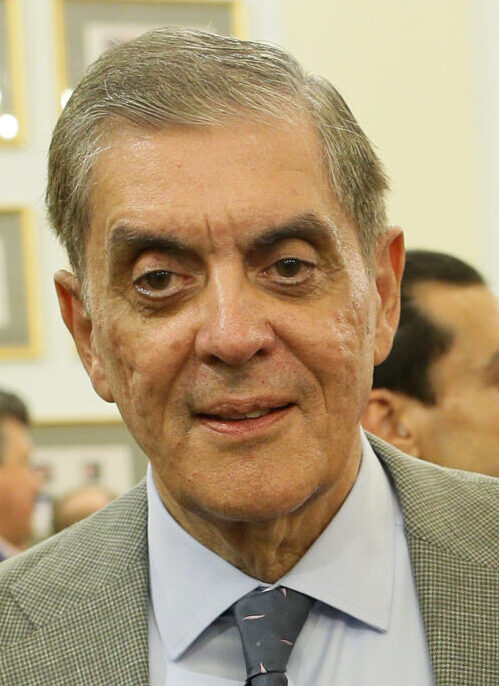
Romani Rose
Central Council of German Sinti and Roma
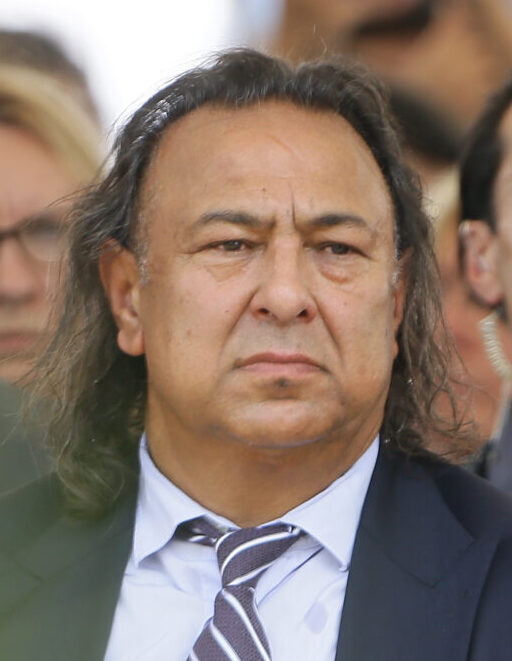
Roman Kwiatkowski
Association of Roma in Poland
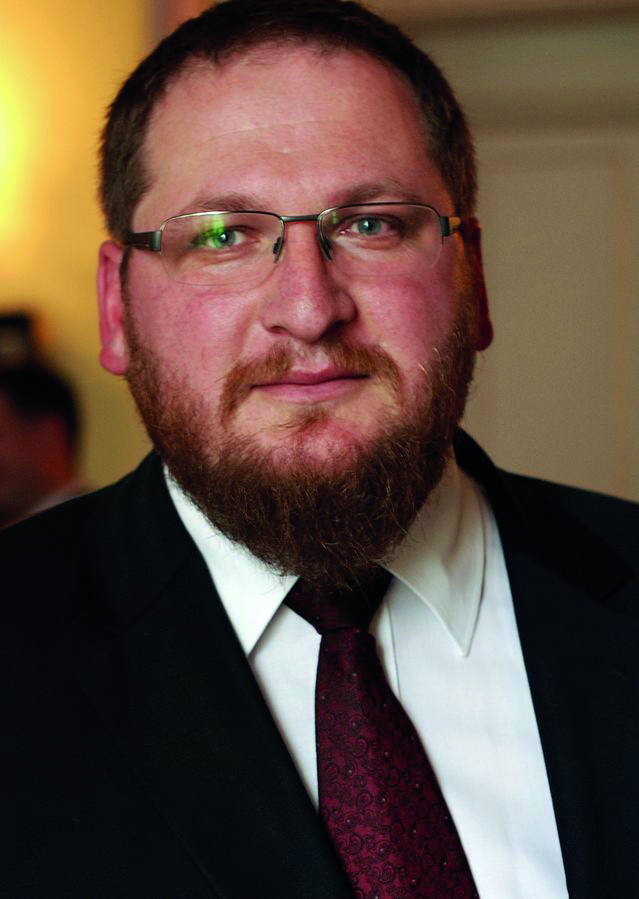
Piotr Cywinski
Director of the Memorial and Museum Auschwitz-Birkenau
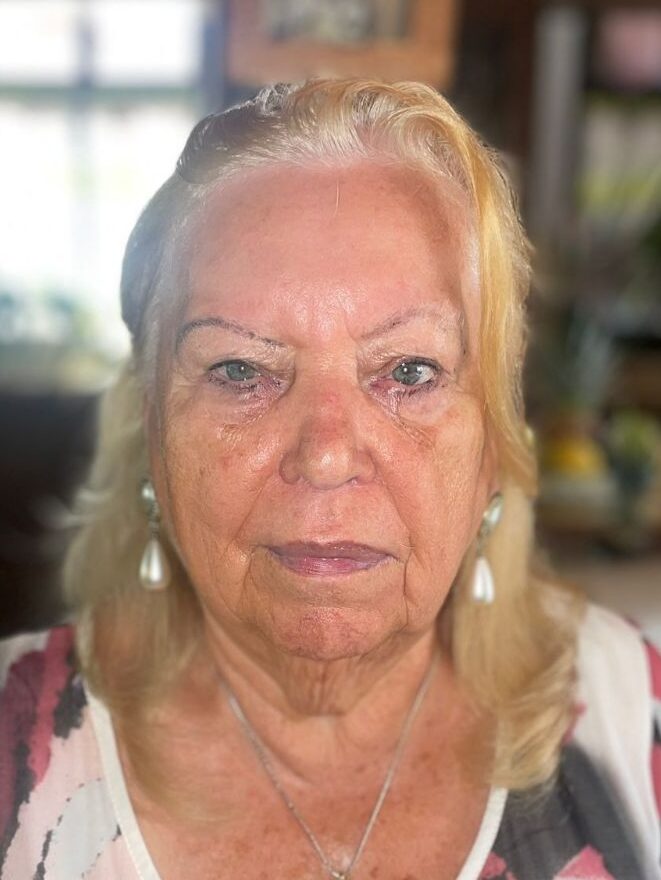
Alma Klasing
Holocaust survivor
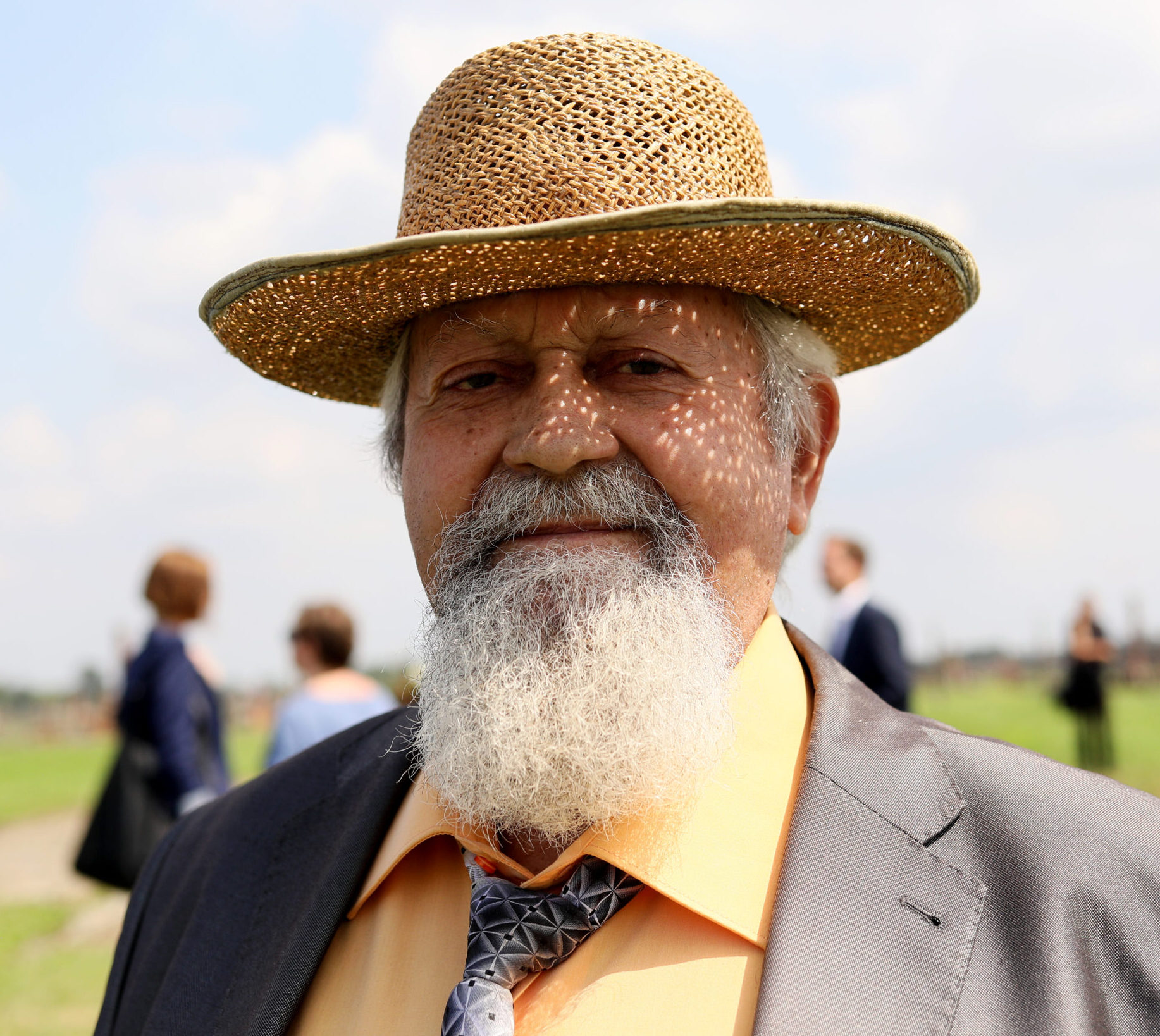
Bolesław Rumanowski
Holocaust survivor










